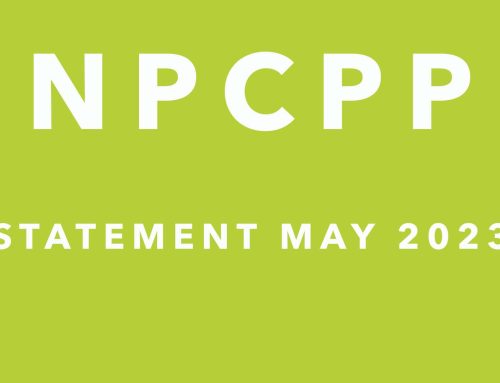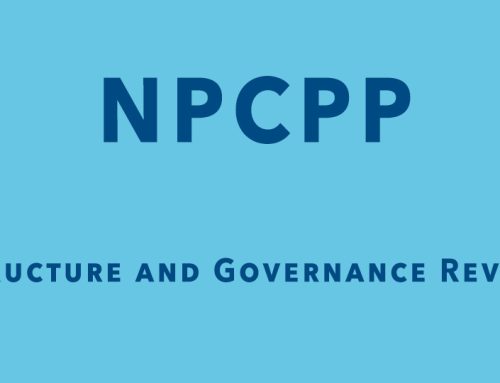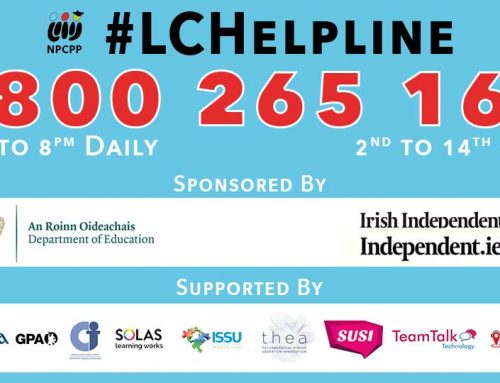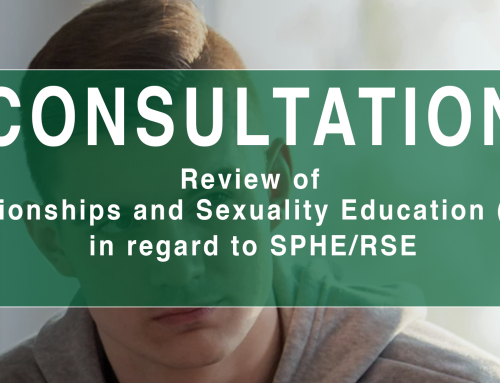Examinations 2020: FAQs
Junior Cycle 2020, Information from the Department of Education and Skills
Junior Cycle Examinations 2020: Questions and Answers
The purpose of this page is to provide as much clarity as possible on the decisions made about the 2020 Junior Cycle exams. You can find out more information about actions taken by the Department in response to Covid-19 on www.education.ie/covid19
This page will be updated as new information becomes available so please check back from time to time.
What decisions were made regarding the Junior Cycle examinations?
- On 19th March, following the initial announcement that schools would be closed until 29th March on foot of public health advice, the Minister for Education and Skills, Joe McHugh TD, announced the cancellation of Junior Cycle practical performance tests that had been scheduled to take place from 23rd March to 3rd April.
- In addition, the dates for submission of project work and coursework that was due to be completed on dates between 20th March and 24th April were pushed back to 15th May.
- On 10th April, after it was announced that schools would remain closed until further notice, the Minister announced that the June Junior Cycle state examinations would be replaced with school-based exams and assessments to be held early in the new school year. The Minister said that discussions would take place with teacher unions and school management to allow these exams and assessments to be completed as school-based assessments.
What has been announced on 29th April?
- The Minister has now announced details of the school-based assessment and reporting arrangements for students who are concluding Junior Cycle in May 2020. These details were finalised following advice received by the Minister from an advisory group of stakeholders for contingency planning for the 2020 state examinations which he set up. The group membership includes representatives of students, parents, teachers, school leadership and management bodies, the State Examinations Commission, the National Council for Curriculum and Assessment, the National Educational Psychological Service and the Department.
- The Minister also announced that these assessments should be completed and marked by schools before 29 May 2020, and not early in the new school year as originally advised.
Why has the date for assessments now been moved forward to May 2020?
- The advisory group of stakeholders reflected concerns regarding the potential stresses on students due to take school-based exams early in the new school year, arising from a perceived need by students to study for these exams over the full summer period. There was also a concern to minimise the disruptive impacts of the Covid-19 virus into another school year.
- Having heard the advice of the advisory group the Minister agreed to bring forward the date for assessments to May 2020.
What are the details of the school-based assessments for May 2020?
The main details of the assessment arrangements are as follows:
- The assessment of students’ learning achievements in each subject will take place at school level and will be based on the teacher’s professional knowledge of each student’s learning.
- Schools will have autonomy to choose the most appropriate form of school-based assessments to put in place.
- Schools may opt to use a range of evidence to inform their assessment of students’ achievements. These could include:
- Evidence available from assignments, tests, tasks journals, projects, practical and other work completed over the course of second year and third year
- Classroom-Based Assessments completed by students in second year and third year
- School-designed examinations, tasks, projects, assignments, essay style questions, presentations, or other tasks chosen by the teacher from the range of approaches agreed at school level.
- Each school should adopt a whole-school approach to the assessment and reporting on student achievement following consultation with teachers. The board of the school should communicate with parents and students in relation to its proposed approach and the timeframe for completion of assessments.
- For each subject, the evidence of learning to be used and any method of assessment chosen should be decided by the relevant subject teachers in the context of the whole-school approach adopted.
- Any additional assessment or other form of end-of-year assignment to be completed by students should be limited in scope and cognisant of the disrupted learning that students have experienced in 2020 and recognise that some students may be unable to undertake such additional assessments because of issues arising from the Covid-19 pandemic.
- School-based assessments should be devised and marked by the class teacher. The assessment format chosen should be accessible to all students in the class.
- Greater weighting should be given to work that was completed by students before schools closed on 12 March 2020. Cognisance may be given to work completed after that date but teachers should have regard to the impact that school closure will have had on students’ ability to engage with further learning after 12 March 2020. For example, some students may be unable to undertake any additional assessment tasks because of issues from the Covid-19 crisis. In such circumstances, the assessment of the students’ learning, and the report of their achievement issued by the school, may be based solely on work completed prior to 12 March.
- Where relevant the method or format of assessment used should be inclusive of students with special educational needs (SEN).
What Reporting and Certification will Junior Cycle students get in 2020?
- In 2020, the Junior Cycle learning achievement of students will be recognised through a specific form of certification designed to meet the exceptional circumstances presented by the COVID-19 pandemic. Students’ certification will involve two elements:
- A School Report setting out the learning achievements of students in Junior Cycle. Students should receive a written report from their school on the broad range of learning that they have achieved in each subject, short course and/or priority learning unit at the end of Junior Cycle. This assessment of their learning will be provided by their teachers. The report will also provide an opportunity to report on other aspects of achievement including the wellbeing programme completed by students. Schools will have autonomy in how this assessment is to be arrived at and the format in which the report is provided. The report should be provided to students and their parents/guardians as soon as feasible following the completion of the school year 2019/20.
- A State Certificate of completion of Junior Cycle from the Department of Education and Skills. Students should receive a State Certification from the Department that they have completed three years of Junior Cycle education in a number of subjects/priority learning. This will include the list of subjects, short courses and/or priority learning units studied and the level at which the subject was studied. This certificate will be provided early in the school year 2020/21.
How are Adult Learners affected by the announcement of 29th April?
- The State Examinations Commission (SEC) will put in place specific arrangements for adult learners who have the flexibility to study a subject or subjects at Junior Cycle level within one academic year.
- These arrangements will ensure that these adult learners will be provided with an opportunity to take the final examination in the subject(s) for which they are entered. These examinations will take place in autumn 2020 and the specific timing will be determined as soon as possible. Further details will be provided by the SEC.
Why were the Junior Cycle state exams replaced with school-based exams?
- The decision to replace the Junior Cycle state examinations with school-based examinations was made to prioritise the running of the Leaving Certificate examinations and the possible need, for social distancing reasons, to make as much space available in schools for students sitting the Leaving Certificate examinations.
Will Junior Cycle students have to pay exam fees now that the June Junior Cycle state examinations are replaced with school-based exams and assessments? What about students who have already paid their fees?
- Students won’t be required to pay examination fees to the SEC in relation to the 2020 Junior Cycle examinations and those who have already paid may apply to the SEC for refunds.
TUI FAQs re State Examinations 2020
ASTI FAQs on State Examinations 2020 and Continuity of Teaching
Contact Information
Unit 6 -Building 125,
OMNI Shopping Centre,
Santry, Dublin 9
Phone: +353 (1) 862 3346
Email: manager@npcpp.ie
Website: www.npcpp.ie




